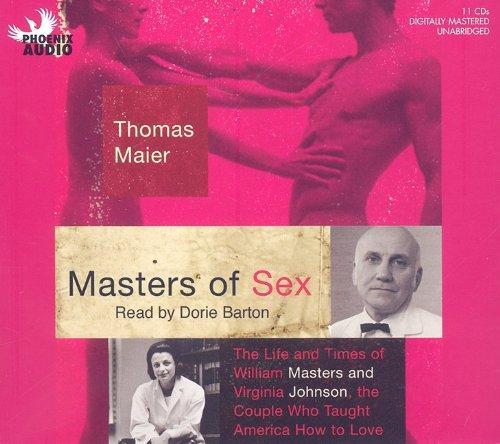What do you think?
Rate this book


411 pages, Audiobook
First published March 20, 2009
“For nearly a decade, their secret remained safe. Rumors of a lab study devoted to sex, operating in the heart of St. Louis, never appeared on television or radio or in print. As a personal favor to Masters, St. Louis Globe-Democrat publisher Richard Amberg vowed his daily newspaper wouldn’t breathe a word to its readers. The city’s other competing paper, owned by Pulitzer, stayed mum. Reporters for the Associated Press and United Press International, the two wire services beaming scoops across the world, also knew of this sensational human experiment but refused to say anything to the American public” (150).Wow.